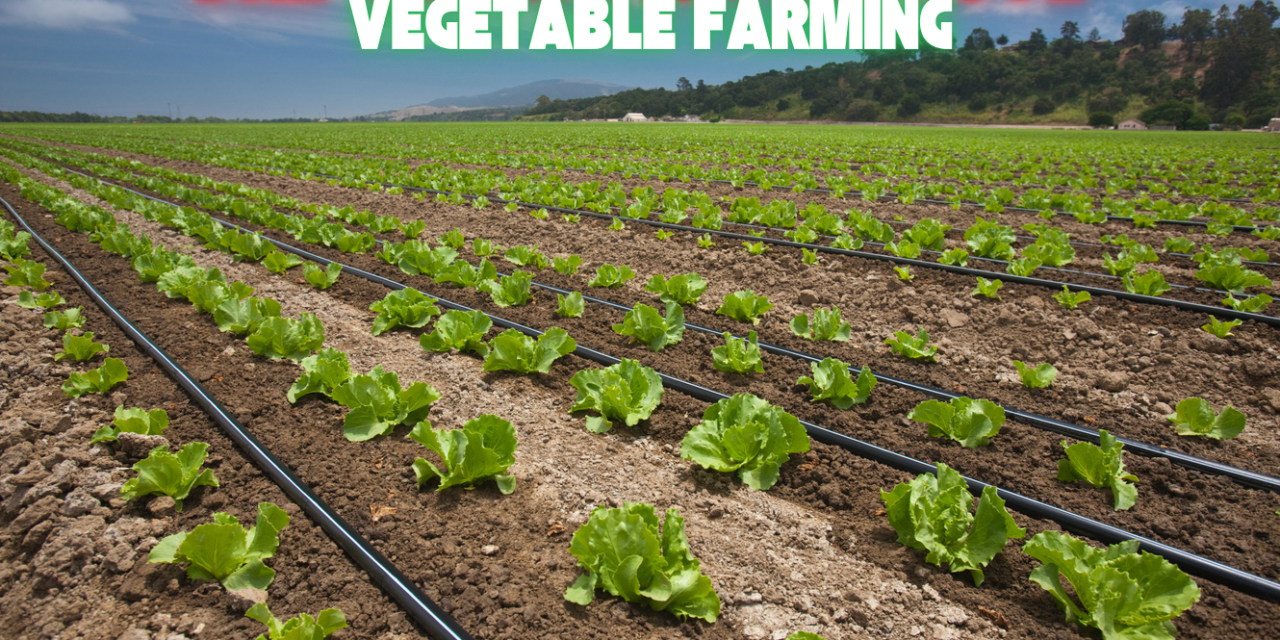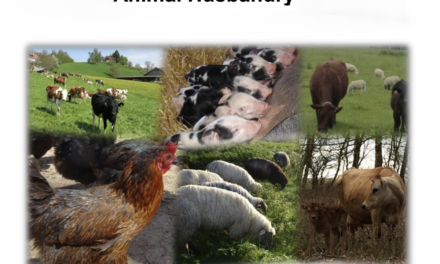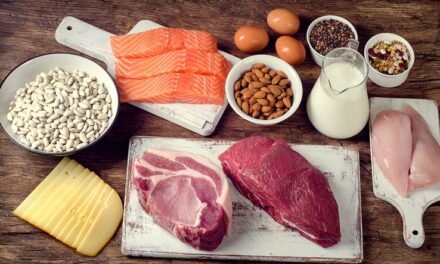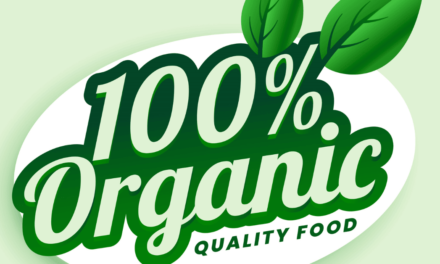Drip irrigation can significantly improve vegetable farming efficiency in several ways:
- Water Conservation: Drip irrigation delivers water directly to the roots of plants, reducing evaporation and runoff. This is especially valuable in areas with limited water resources, as it ensures that water is used efficiently.
- Increased Yields: By providing a consistent and controlled supply of water, drip irrigation helps maintain optimal soil moisture levels. This encourages healthier plants and can lead to higher crop yields.
- Reduced Weeds and Disease: Since water is applied directly to the plant roots rather than over the entire field, the surrounding soil remains dry, which reduces the growth of weeds. Additionally, minimizing water contact with the plant foliage helps prevent waterborne diseases.
- Fertilizer Efficiency: Drip irrigation can be combined with fertigation, where nutrients are delivered to the plants through the irrigation system. This ensures that plants receive the right amount of fertilizer directly to their roots, reducing waste and improving nutrient absorption.
- Labor and Time Savings: Drip irrigation systems are automated, reducing the need for manual watering. This saves time and labor costs, making farming more efficient, especially on larger farms.
- Improved Soil Structure: Since drip irrigation delivers water slowly and consistently, it helps maintain the soil structure by preventing erosion and over-watering, which can degrade soil quality.
- Better Control Over Watering: Farmers can more precisely control when and how much water each crop receives, allowing for better management of water resources and ensuring plants are not under- or over-watered.
- Adaptability to Different Soil Types: Drip irrigation works well in a variety of soil types, including sandy and clayey soils, where traditional irrigation methods may struggle to distribute water evenly.
Overall, drip irrigation improves water use efficiency, promotes plant health, and reduces operational costs, leading to more sustainable and productive vegetable farming.









